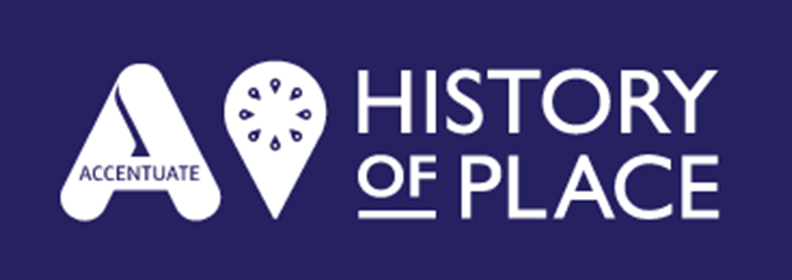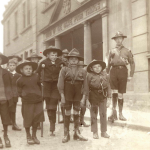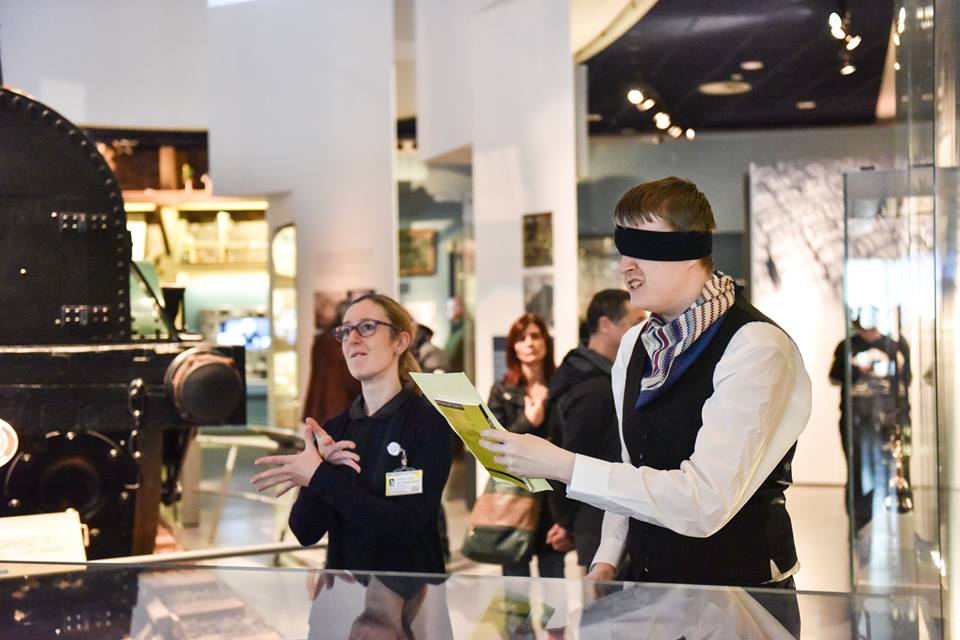DaDaFest is an arts organisation that aims to empower and challenge perceptions of disabled and D/deaf people. It holds its main festival every two years, and Young DaDaFest every summer. DaDaFest 2016 was jam-packed and full of delights, from music, comedy and theatre and dance.
Accessibility is an extremely important part of the organisation and the festival. DaDaFest wants everyone to experience the festival and what it has to offer. DaDaFest uses British Sign Language interpreters, palantypists, audio description and more to make its events as accessible as possible.
With this in mind my role as Communications and Live-Streaming Intern saw me introduce a live streaming element to this year’s festival with assistance from York-based theatre company Pilot Theatre as well as filming events with the help of students from Liverpool John Moores University.
Now DaDaFest has tried livestreaming, it will continue to build on the service so that it can expand the number of events it can offer for 2018.
This was DaDaFest’s pilot year for livestreaming, and it went well. It streamed three events: Fat Activism, the first day of Congress and The Kindness of Strangers. Live streaming gives you the opportunity to reach out to a completely new audience and give those who cannot attend personally a chance to get involved in the festival- and that’s a wonderful thing. Now DaDaFest has tried livestreaming, it will continue to build on the service so that it can expand the number of events it can offer for 2018.
Mapping Monday was a key event during DaDaFest 2016. It launched a trail and map which focused on the Royal School for the Blind and the history and impact of the school on Liverpool. It included a fascinating talk from local historian Steve Binns, who gave an insight into what it was like to study as a student there.
The map allowed you to explore the significance of the school and other important landmarks in more detail. Again, this brings me back to accessibility and how key it is. Without a doubt events and projects need to make accessibility and inclusion a priority so that as many people as possible can enjoy them.

Member of Young DaDaFest (and also a HOP volunteer) playing Edward Rushton at the Museum of Liverpool on Disability Takeover Day 2016 which was part of DaDaFest Skin:Deep. Courtesy of DaDaFest.










